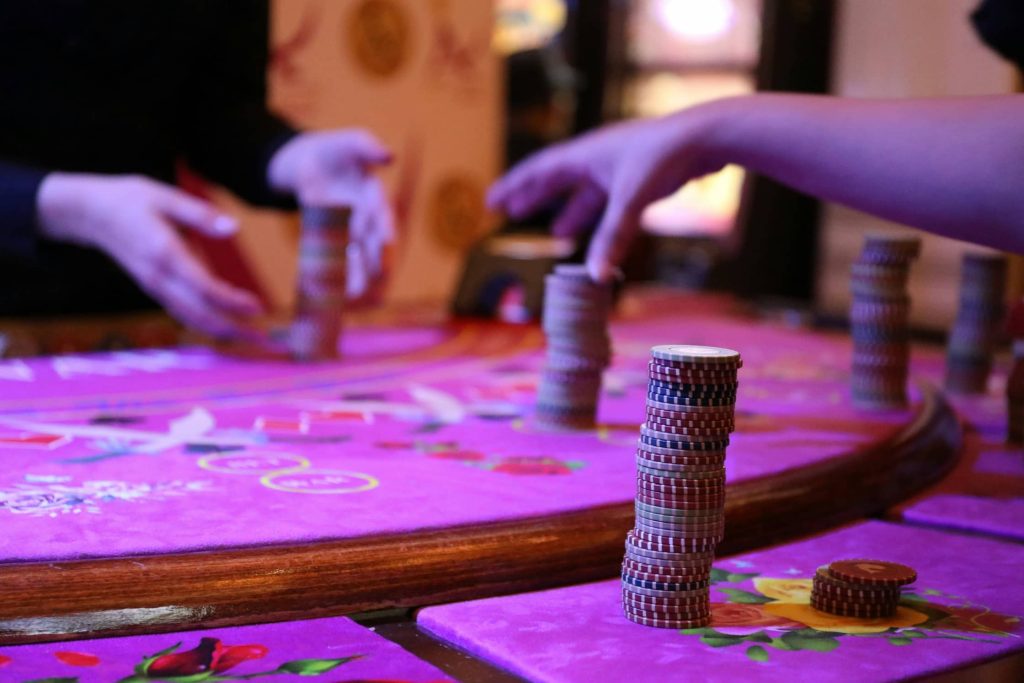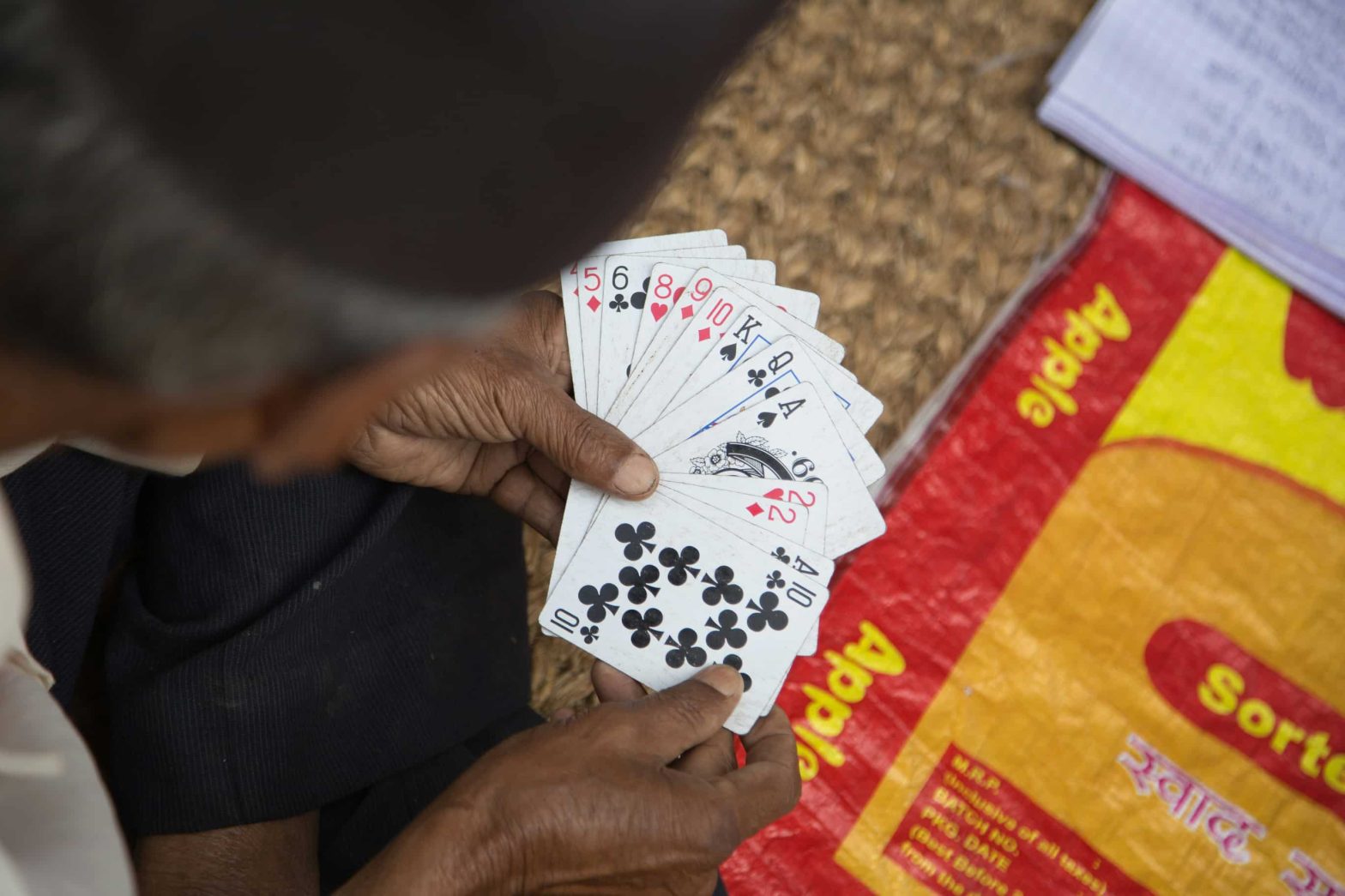You thought you were just ch asing a bonus. In reality, your brain was chasing itself.
Welcome to the neon labyrinth of online casinos, where memory isn’t just something you use to recall your password—it’s the secret sauce keeping you locked in. In the digital hall of mirrors that is modern gambling, platforms don’t just rely on flashy graphics or seductive jackpots anymore. They go deeper—straight into your hippocampus.
The Memory Maze
Ever notice how that same blue pop-up with “10 Free Spins!” seems to appear just when you’re about to close the tab? That’s not luck. That’s design. Online casinos are deploying memory cues the way a magician uses sleight of hand. Repetition, color, timing—it’s all there to trigger mental muscle memory. Your brain remembers that last time you clicked, you won. Or almost won. Which, ironically, is even more powerful.
And they don’t even need to say “please come back.” Your neurons do it for them.
Patterned Pavlov
This is where bonus loops come in. Weekly promos, daily drop-in rewards, and milestone unlocks all mimic the same mechanisms that reinforce habit in other industries—think fitness apps or language games. But here, the stakes aren’t fluency or fitness. They’re dopamine.
National Casino is a maestro in this cognitive concert, orchestrating promotions that arrive like old friends just when you feel forgotten. Their loyalty program? It reads like a love letter written in serotonin, carefully spaced to nudge you back into play without feeling pushed.
Gamification in this context doesn’t just mean badges or ranks—it means psychological conditioning, dressed up in velvet and gold.
Visual Breadcrumbs and “Ghost Wins”

One trick casinos borrow from the neuroscience playbook is called “visual anchoring.” That’s why the layout barely changes. The spinning lights, the winning animations, the sound of coins clinking—they’re all part of a carefully composed memory-triggering score. The familiarity makes it harder to disconnect. Why? Because the brain prefers loops over cliffs. It wants a narrative with a middle, not an end.
Then there’s the ghost win—a near miss that looks like a win, sounds like a win, but is, in reality, nothing but glorified almost. And your brain logs it. Files it away. Because “almost” in the mind feels like “next time.”
You’re Not Chasing Wins—You’re Chasing Feelings
Here’s the kicker: in most cases, it’s not even the money that brings people back. It’s the experience of almost-winning, of ritual, of routine. That magical moment of “what if” becomes the fuel. Players don’t realize that half the time, they’re not betting on games—they’re betting on memory. On a feeling they once had that they now want to recreate.
Even new users on National Casino find themselves effortlessly slipping into these rhythms. One lucky bonus, one well-timed email, and suddenly, Tuesday night becomes your casino night.
Memory as Marketing Weapon
What used to be called “player retention” now wears the lab coat of neuroscience. Casinos aren’t waiting for players to come back. They’re planting mental breadcrumbs—promotions timed to memory cycles, animations engineered to etch themselves into your visual cortex, even the spacing of rewards mirroring cognitive rhythm.
So the next time you feel the itch to log in, pause. Ask yourself: is it really you wanting to play? Or just your brain, whispering, “We’ve been here before”?

Leave a Reply